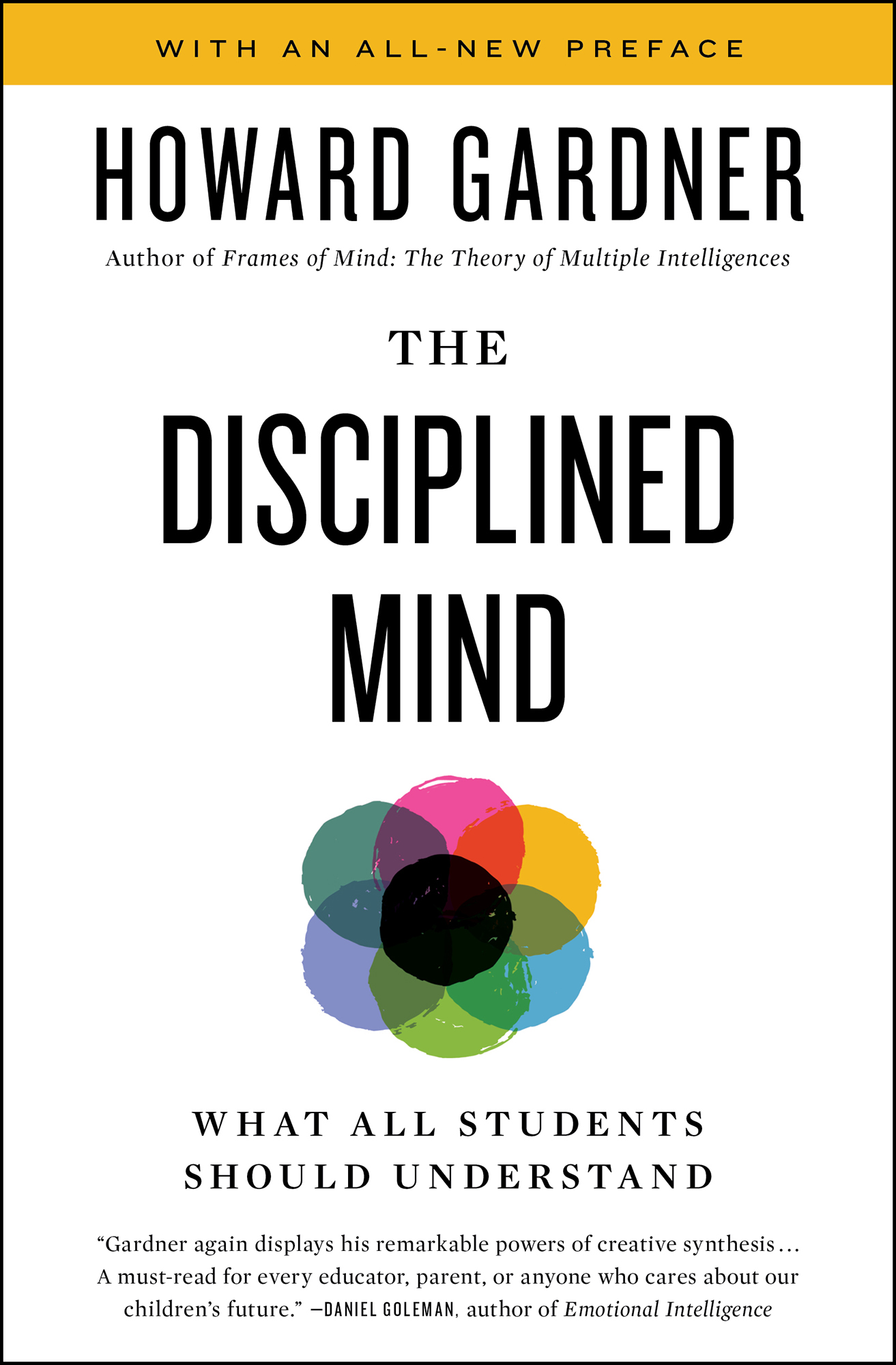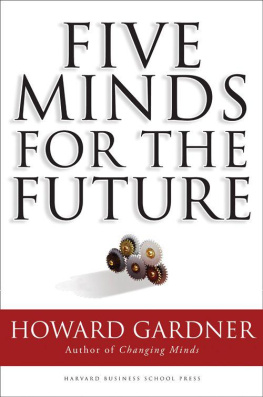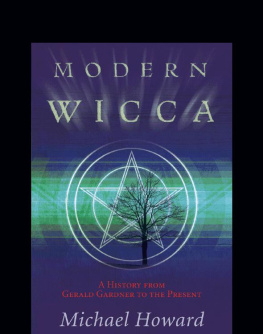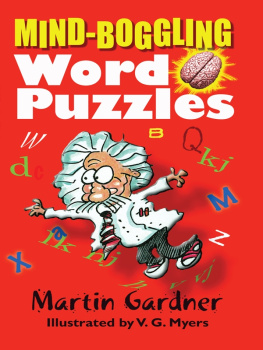Howard Gardner - The Disciplined Mind: What All Students Should Understand
Here you can read online Howard Gardner - The Disciplined Mind: What All Students Should Understand full text of the book (entire story) in english for free. Download pdf and epub, get meaning, cover and reviews about this ebook. year: 2021, publisher: Simon & Schuster, genre: Religion. Description of the work, (preface) as well as reviews are available. Best literature library LitArk.com created for fans of good reading and offers a wide selection of genres:
Romance novel
Science fiction
Adventure
Detective
Science
History
Home and family
Prose
Art
Politics
Computer
Non-fiction
Religion
Business
Children
Humor
Choose a favorite category and find really read worthwhile books. Enjoy immersion in the world of imagination, feel the emotions of the characters or learn something new for yourself, make an fascinating discovery.

- Book:The Disciplined Mind: What All Students Should Understand
- Author:
- Publisher:Simon & Schuster
- Genre:
- Year:2021
- Rating:5 / 5
- Favourites:Add to favourites
- Your mark:
- 100
- 1
- 2
- 3
- 4
- 5
The Disciplined Mind: What All Students Should Understand: summary, description and annotation
We offer to read an annotation, description, summary or preface (depends on what the author of the book "The Disciplined Mind: What All Students Should Understand" wrote himself). If you haven't found the necessary information about the book — write in the comments, we will try to find it.
The Disciplined Mind: What All Students Should Understand — read online for free the complete book (whole text) full work
Below is the text of the book, divided by pages. System saving the place of the last page read, allows you to conveniently read the book "The Disciplined Mind: What All Students Should Understand" online for free, without having to search again every time where you left off. Put a bookmark, and you can go to the page where you finished reading at any time.
Font size:
Interval:
Bookmark:


Also by Howard Gardner
A Synthesizing Mind
The App Generation
Truth, Beauty, and Goodness Reframed
Responsibility at Work
Five Minds for the Future
Multiple Intelligences: New Horizons
Changing Minds
Good Work: When Excellence and Ethics Meet
The Quest for Mind
The Arts and Human Development
The Shattered Mind
Developmental Psychology
Artful Scribbles
Art, Mind, and Brain
Frames of Mind
The Minds New Science
To Open Minds
The Unschooled Mind
Multiple Intelligences: The Theory in Practice
Creating Minds
Leading Minds
Intelligence: Multiple Perspectives
(with Mindy Kornhaber and Warren Wake)
Extraordinary Minds
To my parents, Hilde and Ralph Gardner
my wife, Ellen Winner
my children, Kerith, Jay, Andrew, and Benjamin
and the generations to come

Simon & Schuster Paperbacks
An Imprint of Simon & Schuster, Inc.
1230 Avenue of the Americas
New York, NY 10020
www.SimonandSchuster.com
Copyright 1999, 2021 by Howard Gardner
The Trio from The Marriage of Figaro is reprinted with permission from Dover Publications, Inc.
All rights reserved, including the right to reproduce this book or portions thereof in any form whatsoever. For information, address Simon & Schuster Subsidiary Rights Department, 1230 Avenue of the Americas, New York, NY 10020.
First Simon & Schuster trade paperback edition January 2021
SIMON & SCHUSTER PAPERBACKS and colophon are registered trademarks of Simon & Schuster, Inc.
For information about special discounts for bulk purchases, please contact Simon & Schuster Special Sales at 1-866-506-1949 or .
The Simon & Schuster Speakers Bureau can bring authors to your live event. For more information or to book an event, contact the Simon & Schuster Speakers Bureau at 1-866-248-3049 or visit our website at www.simonspeakers.com.
Interior design by Deirdre C. Amthor
Cover design by Tristan Offit
Cover artwork by Ambassador806/Getty Images
The Library of Congress has cataloged the hardcover as follows:
Gardner, Howard.
The disciplined mind/Howard Gardner. p. cm.
Includes bibliographical references (p .) and index.
1. EducationPhilosophy.2. Learning, Psychology of.
3. Comprehension. 4. Multiple intelligences. I. Title.
LB885.G37W45 1999
370 .1dc21 98-43544
CIP
ISBN 978-0-6848-4324-7
ISBN 978-1-9821-4221-6 (pbk)
ISBN 978-1-9821-7695-2 (ebook)
In The Disciplined Mind, I seek to synthesize over thirty years of research in the cognitive and biological sciences, and over fifteen years of involvement in precollegiate education. A great many individuals have contributed to my thinking, and several institutions have generously supported my research; there is, alas, no way in which I can single each out for the thanks that are due.
I do want to express my appreciation to the several colleagues and friends who have read and commented substantively on earlier drafts of this manuscript: Thomas Armstrong, Veronica Boix-Mansilla, Patricia Bolanos, Mihaly Csikszentmihalyi, William Damon, Patricia Graham, Thomas Hatch, Fred Hills, Thomas Hoerr, George Klein, Mindy Kornhaber, Mara Krechevsky, Tanya Luhrmann, Joanna Martin, Arthur Powell, Barbara Powell, Carlina Rinaldi, Eric Schaps, Theodore Sizer, Margot Strom, Frank Sulloway, Ike Williams, Ellen Winner. I am also indebted to my two hardworking and dedicated assistants, Lisa Bromer and Alex Chisholm (Alex skillfully prepared the Mozart score reproduced as an appendix). Thanks to Jolanta Benal, the talented copy editor at Simon & Schuster. I want to thank, as well, the members of the Pew Forum on Educational Reform. Finally, I want to express appreciation to the many colleagues who have worked with me in the ATLAS Communities Project and the ATLAS Seminar; and to the New American Schools organization and the MacArthur, Rockefeller, and Spencer Foundations, which have supported the ATLAS enterprise. Without our seven years of work and discussion, I could not have written this book.
Cambridge, Massachusetts
January, 1999
Its been a quarter of a century since I began working on The Disciplined Mind, and more than twenty years since it was first publishedan appropriate time to reflect on the book, its origins, its claims, what I got right, what I would alter today.
I was trained as a developmental psychologistand my initial research examined childrens cognitive development, particularly in the arts. I became well known outside the scholarly community in the mid-1980s because of a theory that I had developed about different kinds of intelligence (Gardner 1983). And even though MI theory was designed to address my fellow psychologists, it found a larger and more receptive audience among educatorseducators of all stripes, and in many corners of the world.
At first, questions about the intelligences were largely about how to define and measure them. But soon people began to ask, and I began to ponder my views about education more generally. And by the mid-1990s, I was seenand had begun to see myselfas a thinker and researcher on education, particularly during the years of schooling.
Raised in a coal-mining town (Scranton, Pennsylvania) in the 1950s, I had received a quite conventional education. But as a result of my work with psychologist-turned-educational-thinker Jerome Bruner, and the school experiences of my own children, I had become a convert to progressive educationloosely, the variety of education that focuses on the raising of good questions; the mastery of discussion, analysis, and argument; an appreciation of the arts and creativity; and the signal importance of community and citizenship.
Accordingly, I felt it was time for me to define my own educational philosophy. In doing so, I drew on the best current thinking from the cognitive and behavioral scienceswhat we know about how the minds (and brains) of children develop, what ideas they begin with, which ones prove refractory to change, which modes of thinking are possible to develop, and how they should be nurtured.
While sympathetic to progressive education, I also wanted to make it quite clear that I did not favor anything goesthe excessive laissez-faire attitude that John Dewey himself inveighed against. I am a believer in rigorous thinking, and in building on the modes of thought and analysis that human beings have developed over the centuriesoften against more natural ways of thinking. (See my argument in Gardner 1991.) In shorthand, I favored mastery of the chief disciplines that we have come to value worldwide: history, mathematics, philosophy, the sciences, the arts.
Most of us who write in a scholarly vein acknowledge that we are also writing against certain perspectives. In addition to being critical of hyper-progressivism, I was also critical of a belief in the importance (indeed the necessity) of a canoncertain key texts that everyone should readand in a list of items, names, places, elements, that everyone should know. Not only can those items be readily found, even before the era of search engines, but they are really a measure of memorynot of thinking and analysisand they do little to nurture discussion, reflectiveness, creativity.
Font size:
Interval:
Bookmark:
Similar books «The Disciplined Mind: What All Students Should Understand»
Look at similar books to The Disciplined Mind: What All Students Should Understand. We have selected literature similar in name and meaning in the hope of providing readers with more options to find new, interesting, not yet read works.
Discussion, reviews of the book The Disciplined Mind: What All Students Should Understand and just readers' own opinions. Leave your comments, write what you think about the work, its meaning or the main characters. Specify what exactly you liked and what you didn't like, and why you think so.








